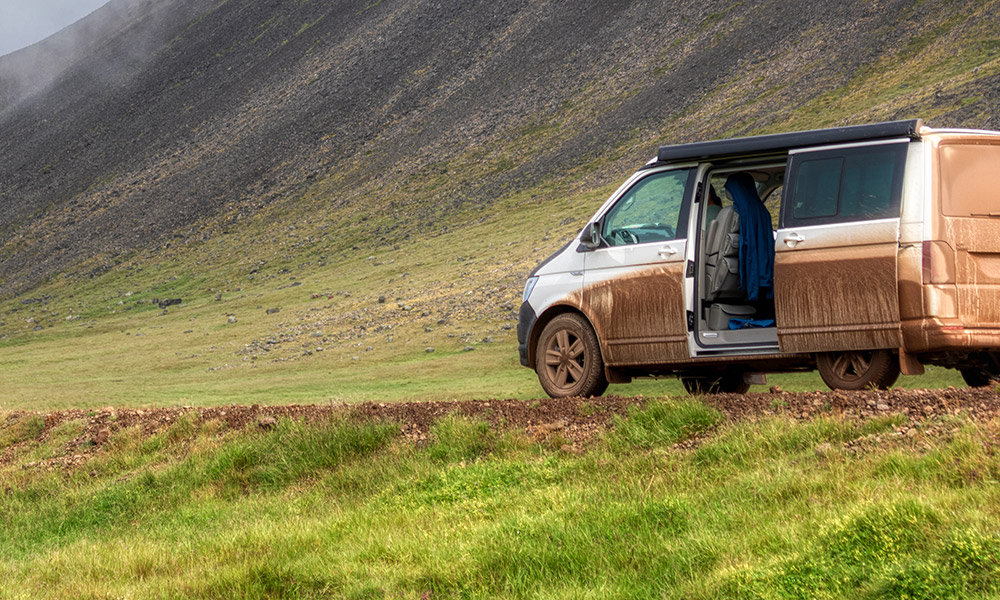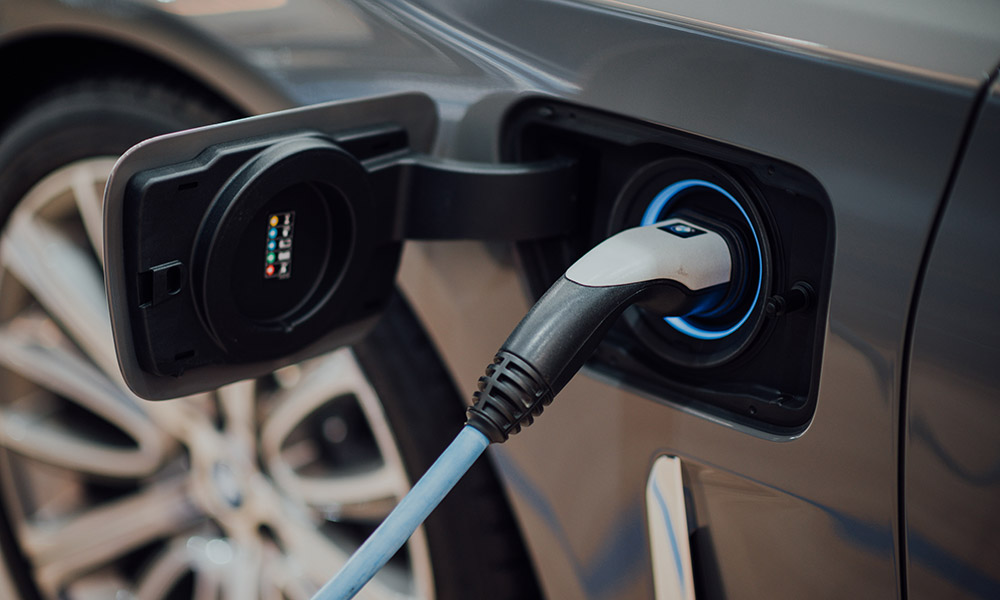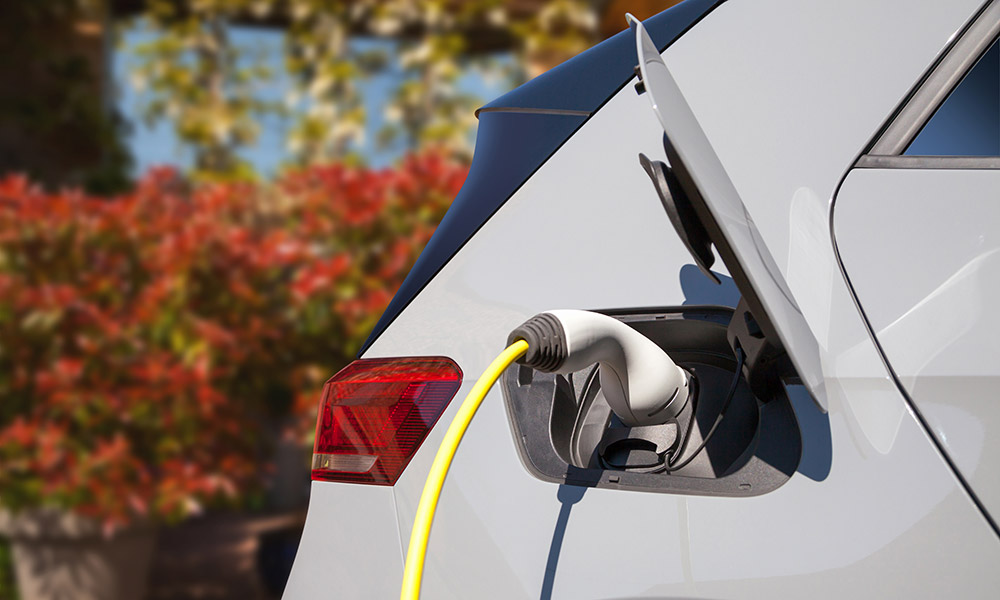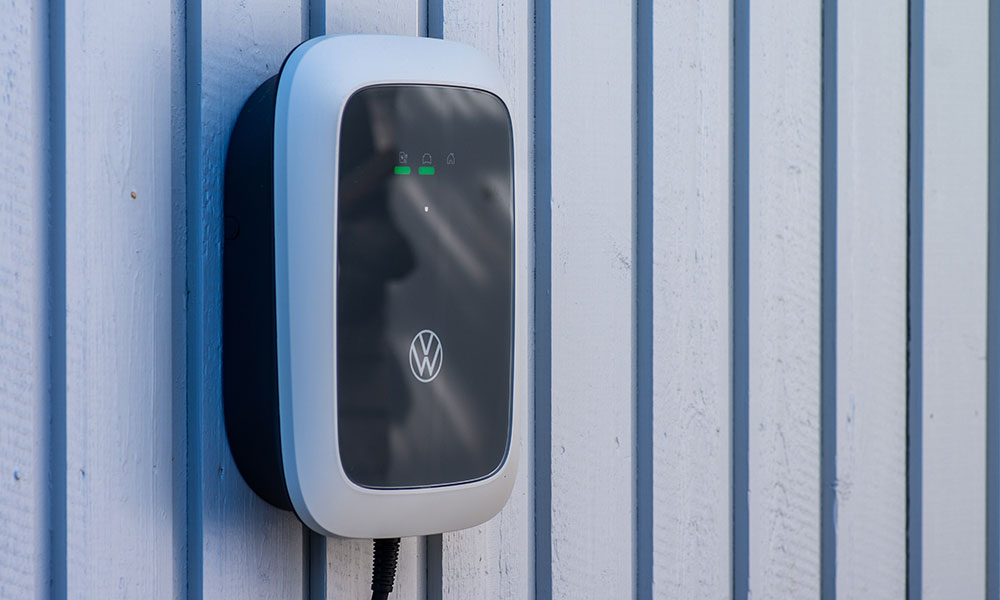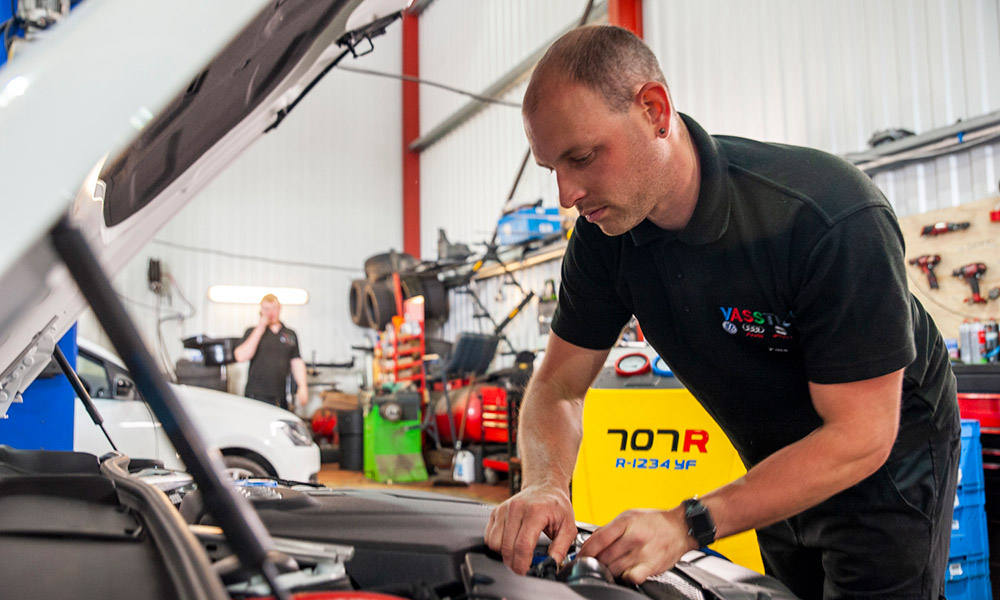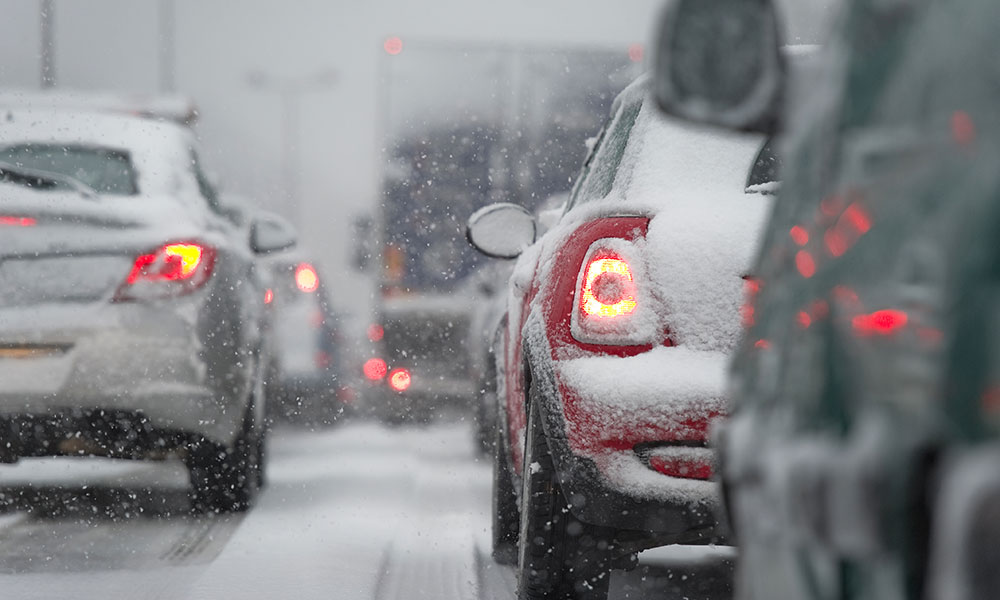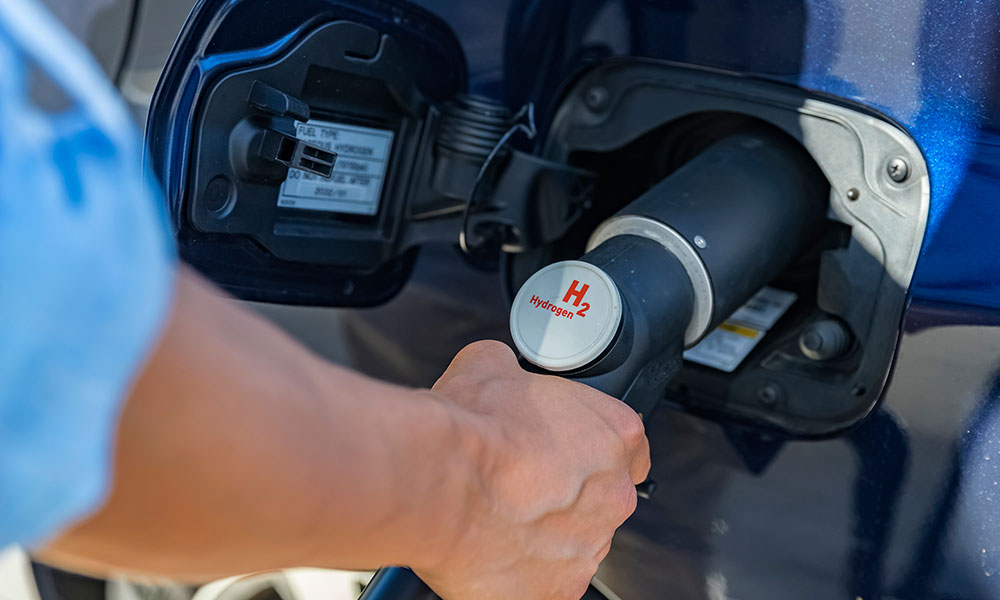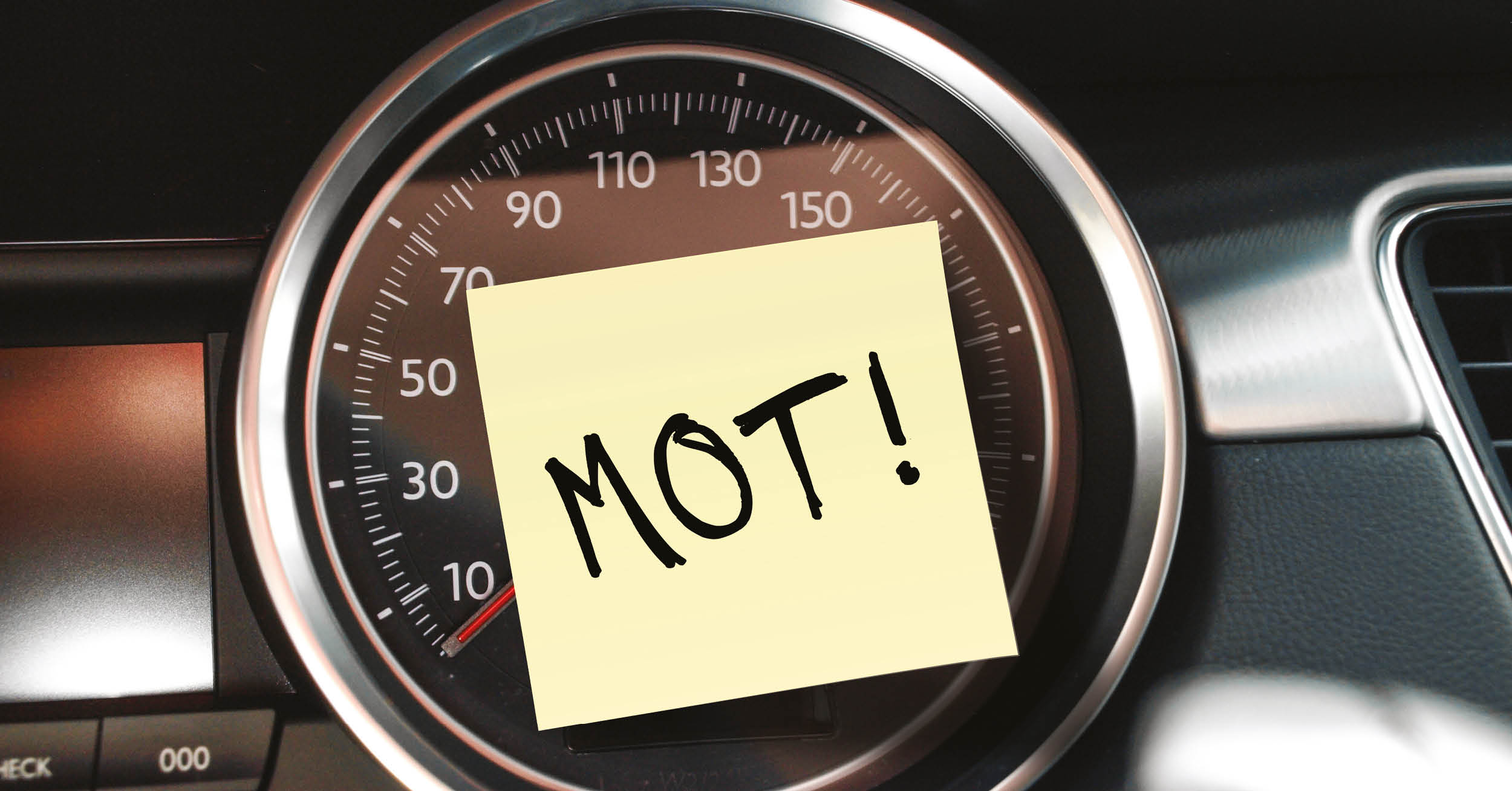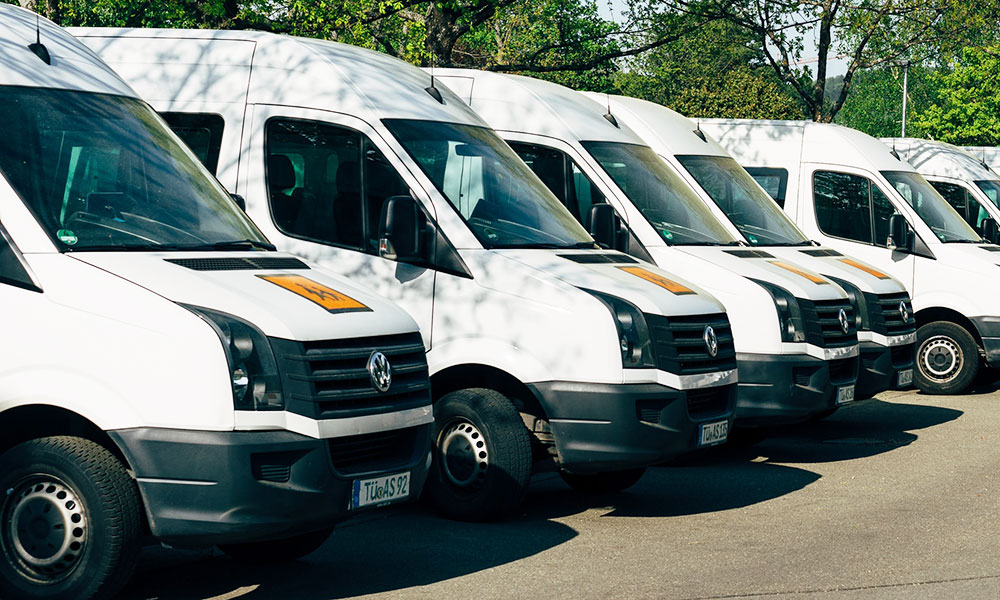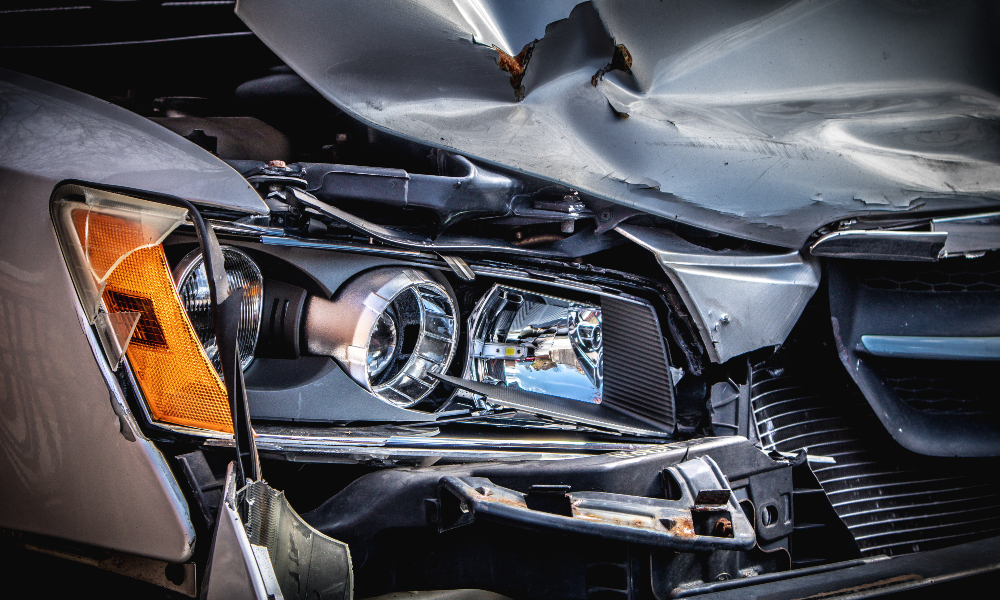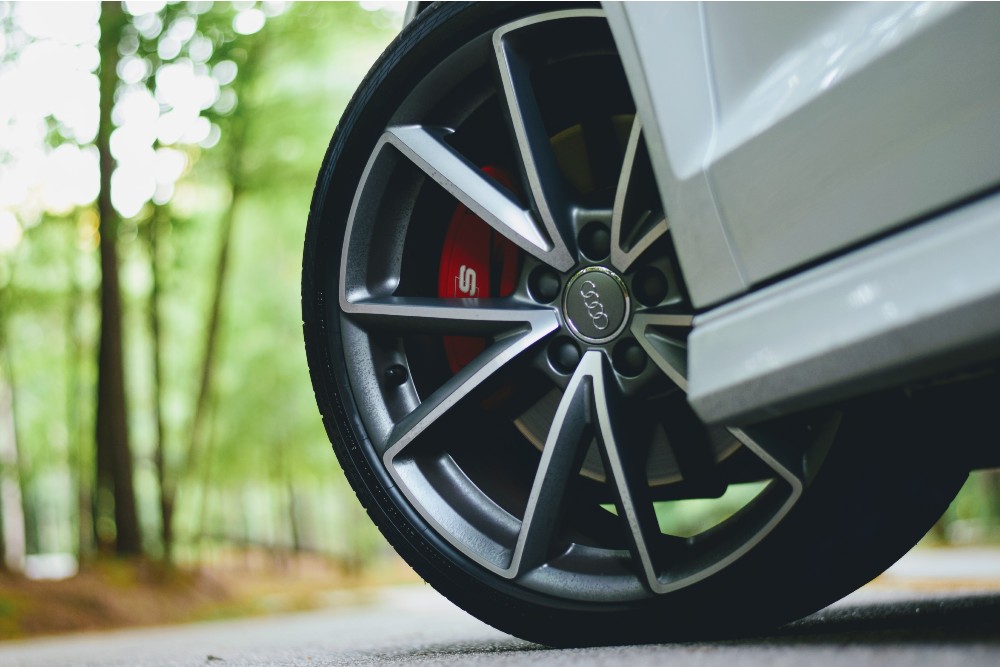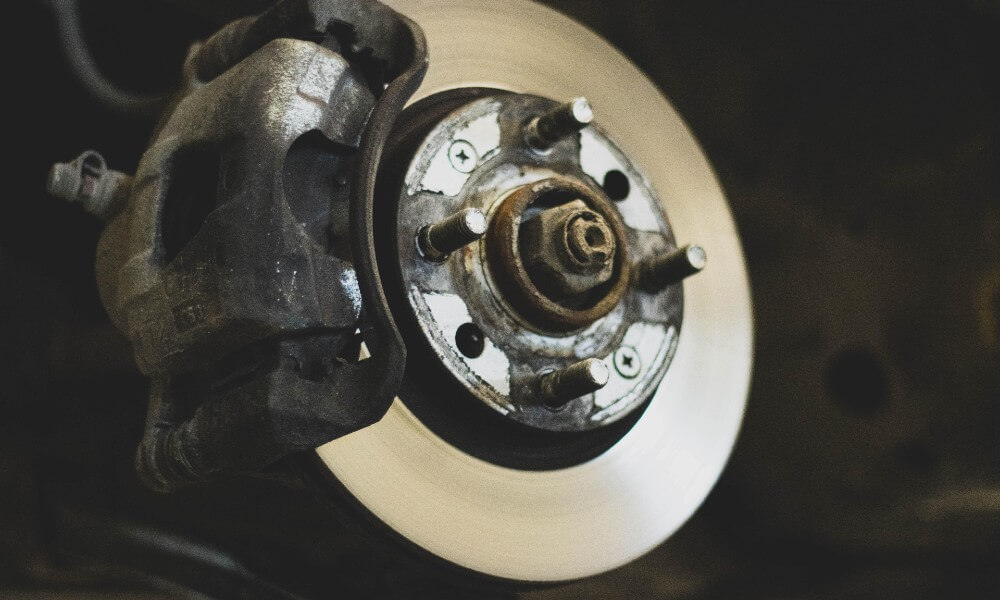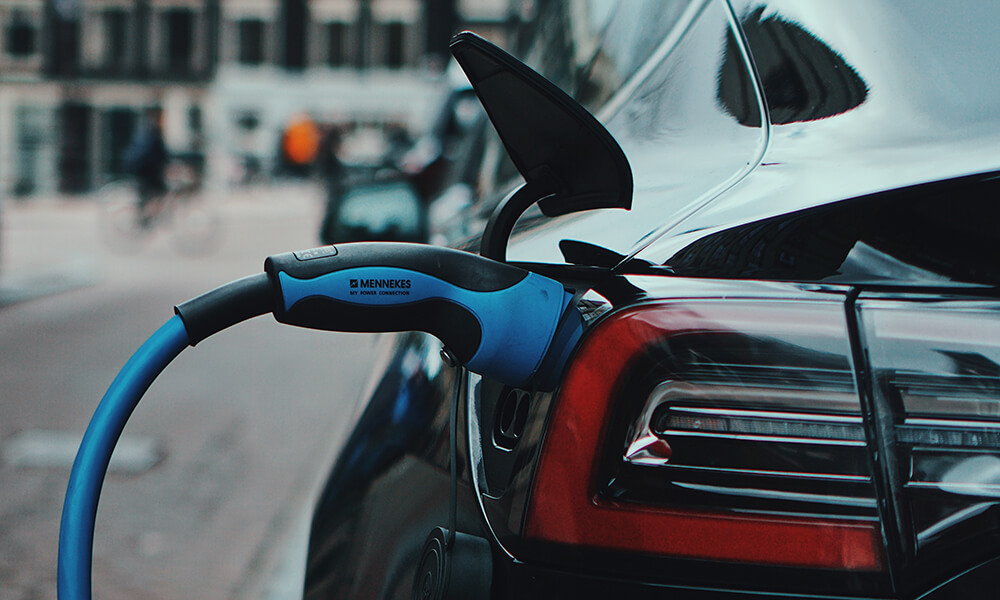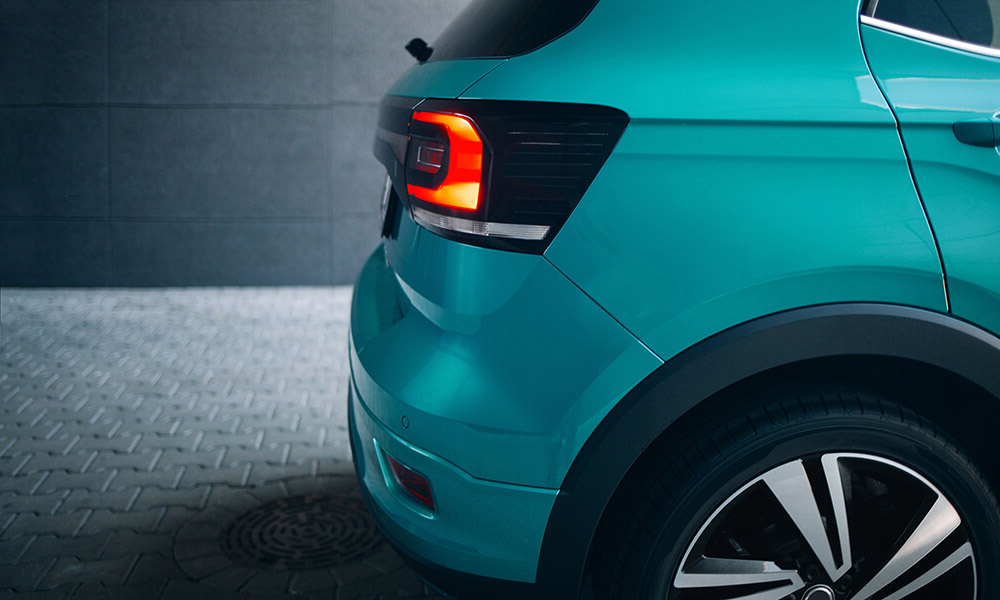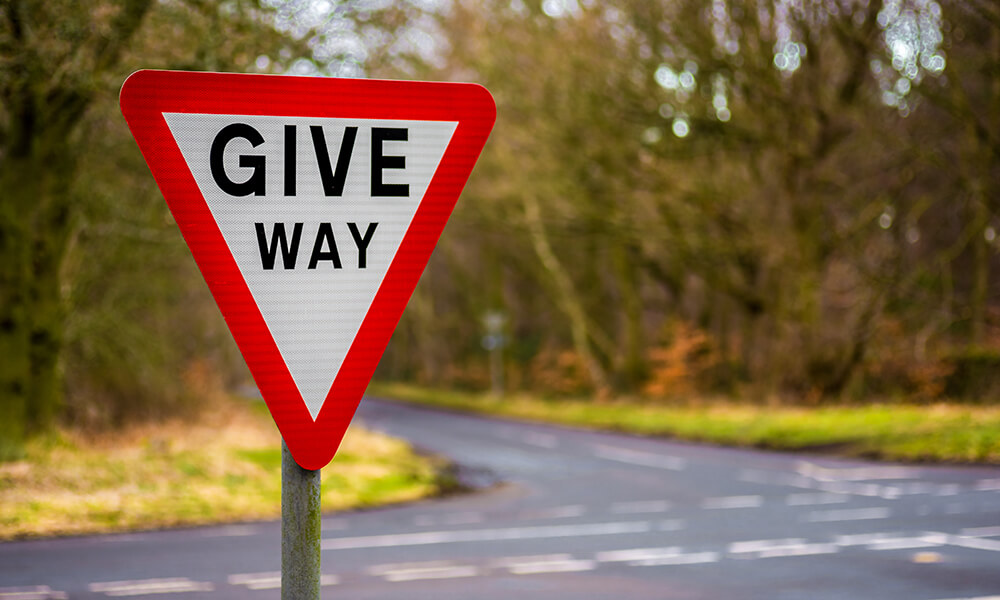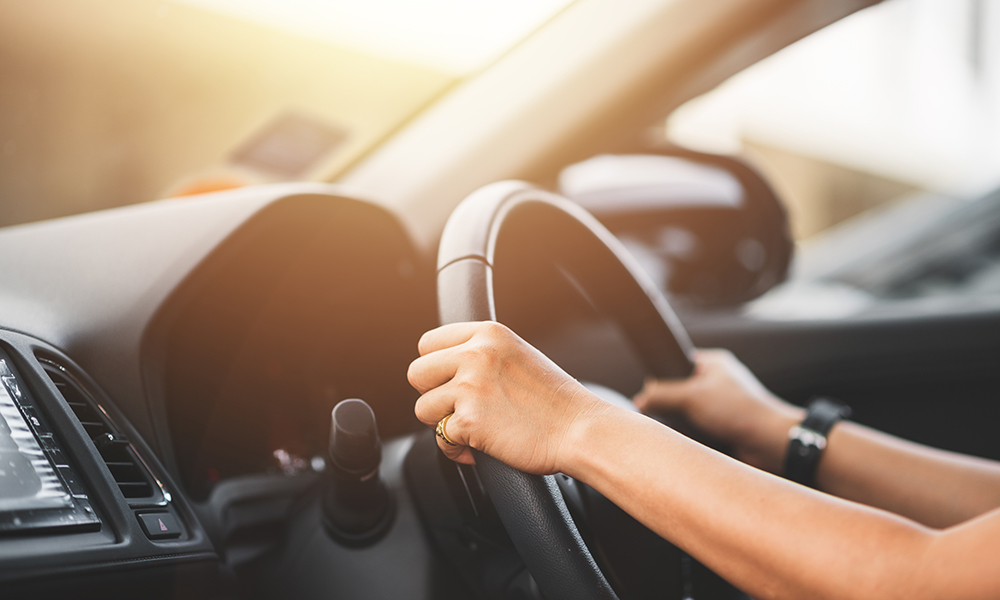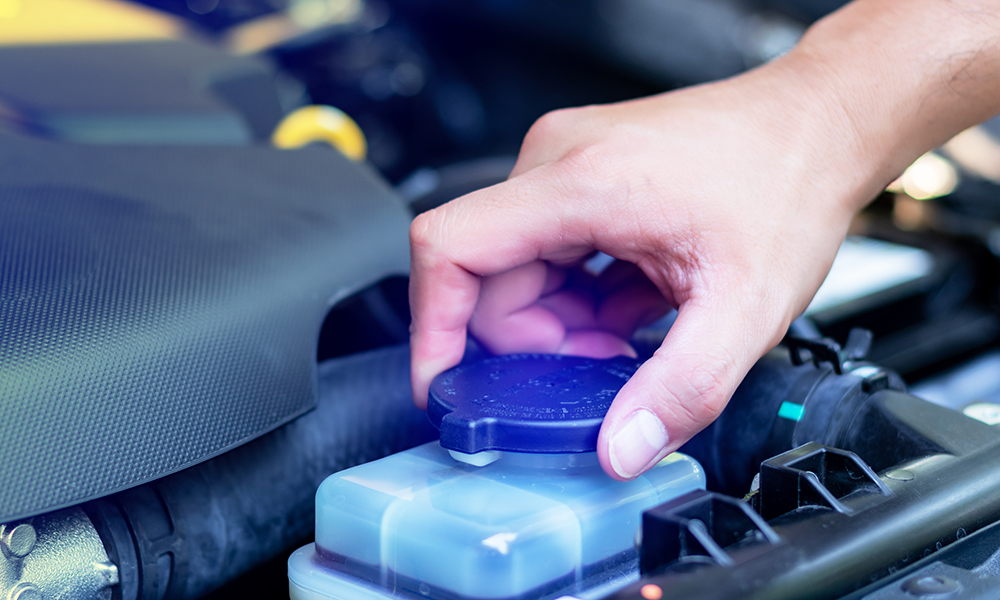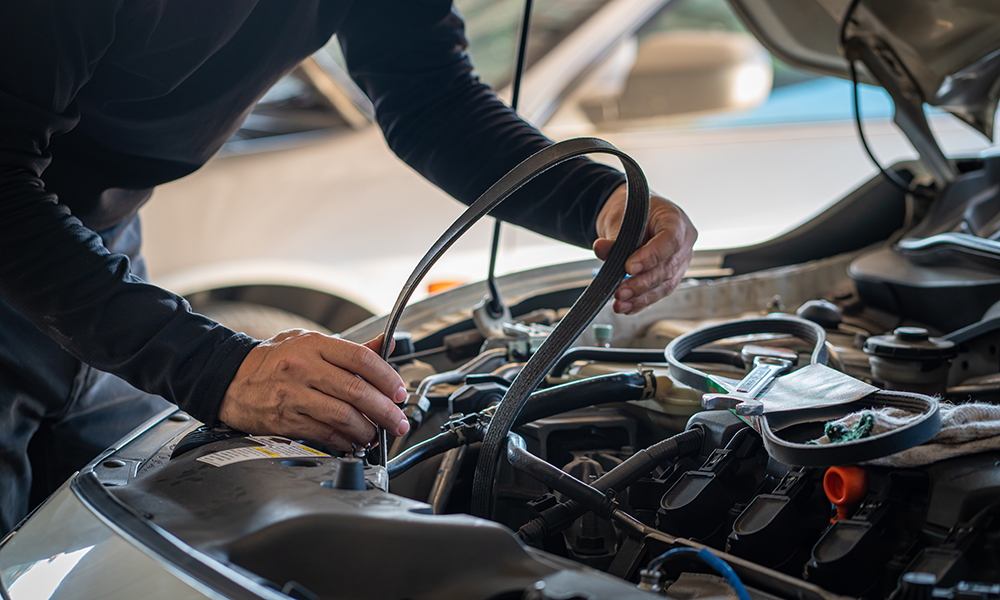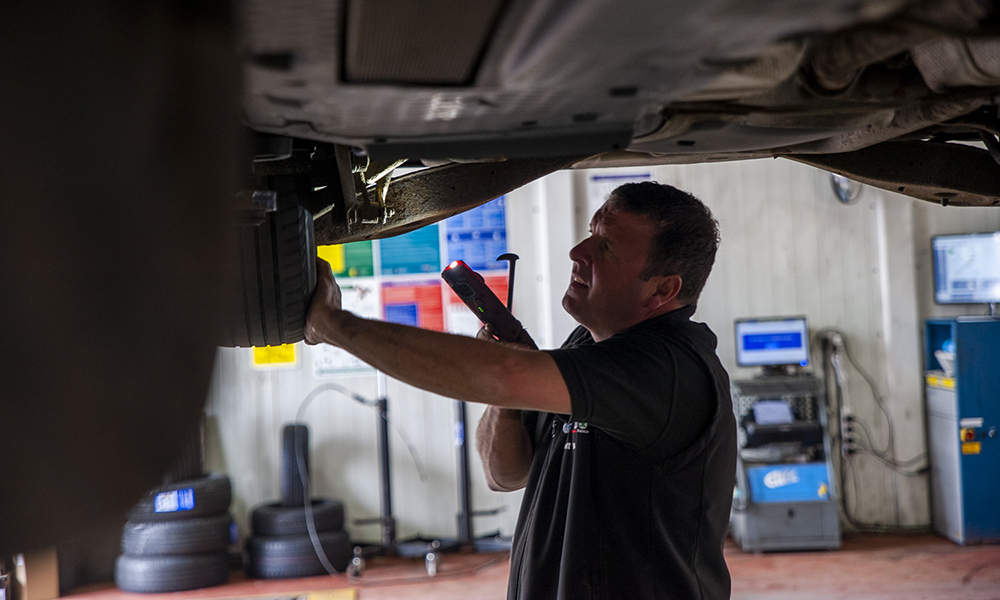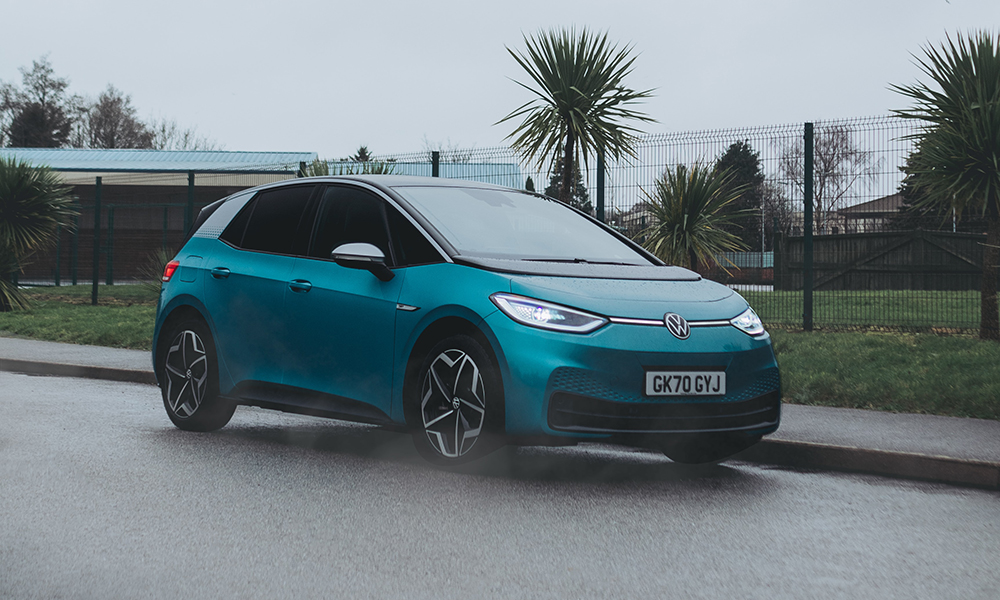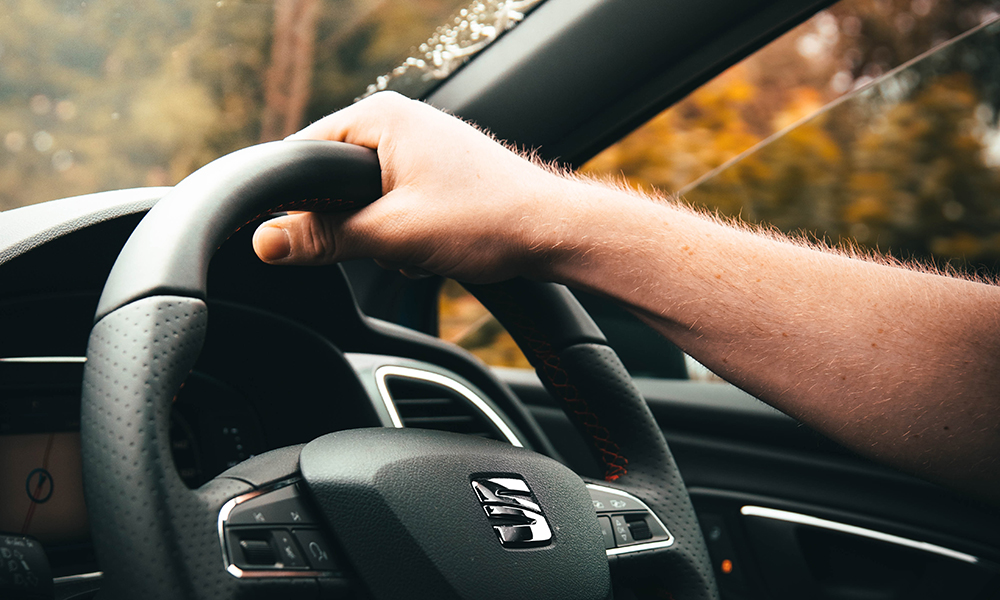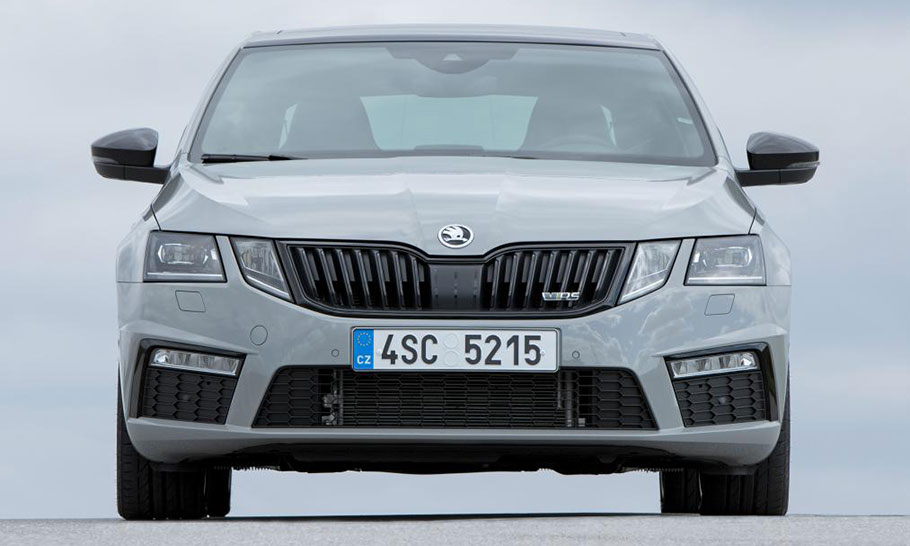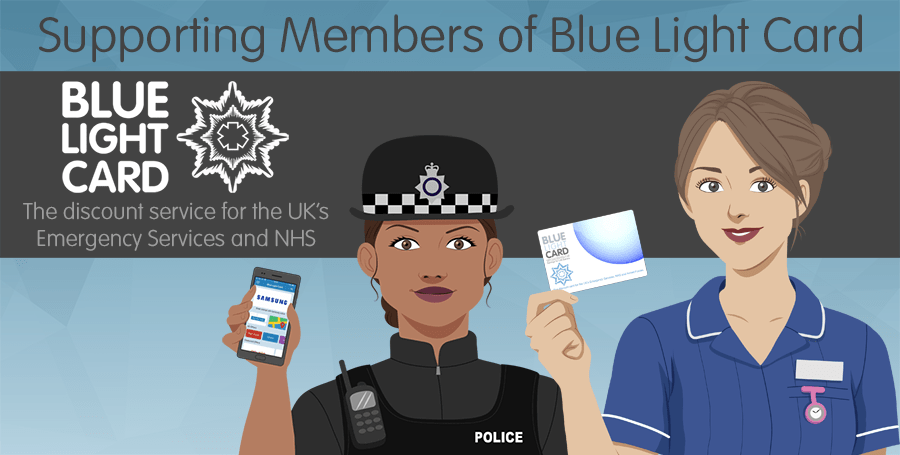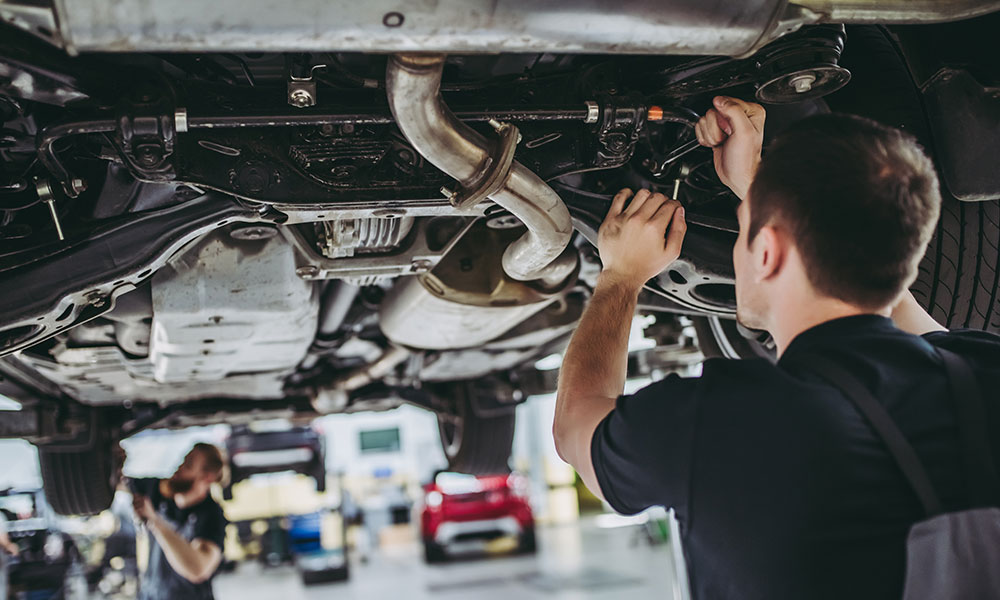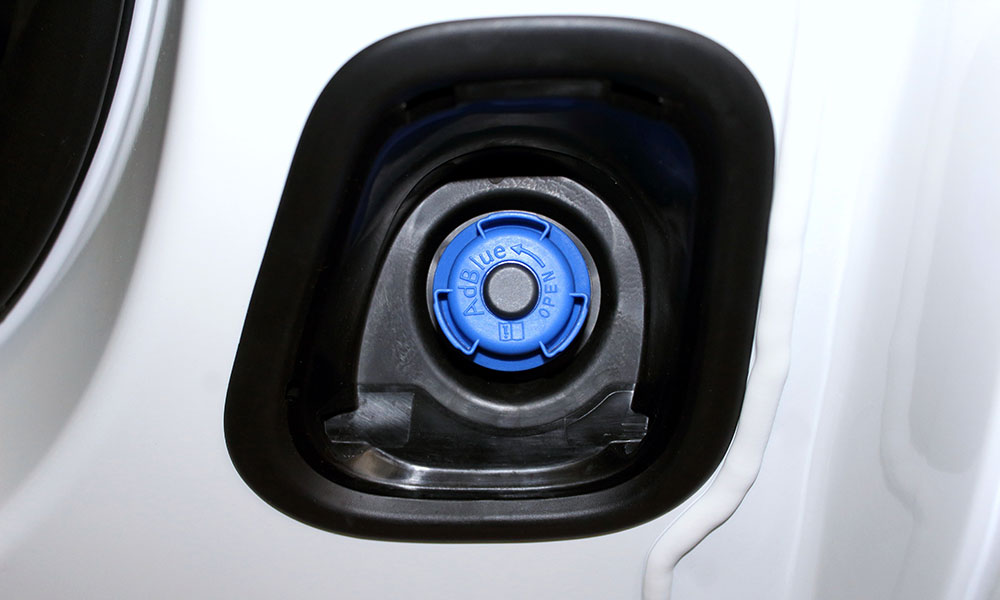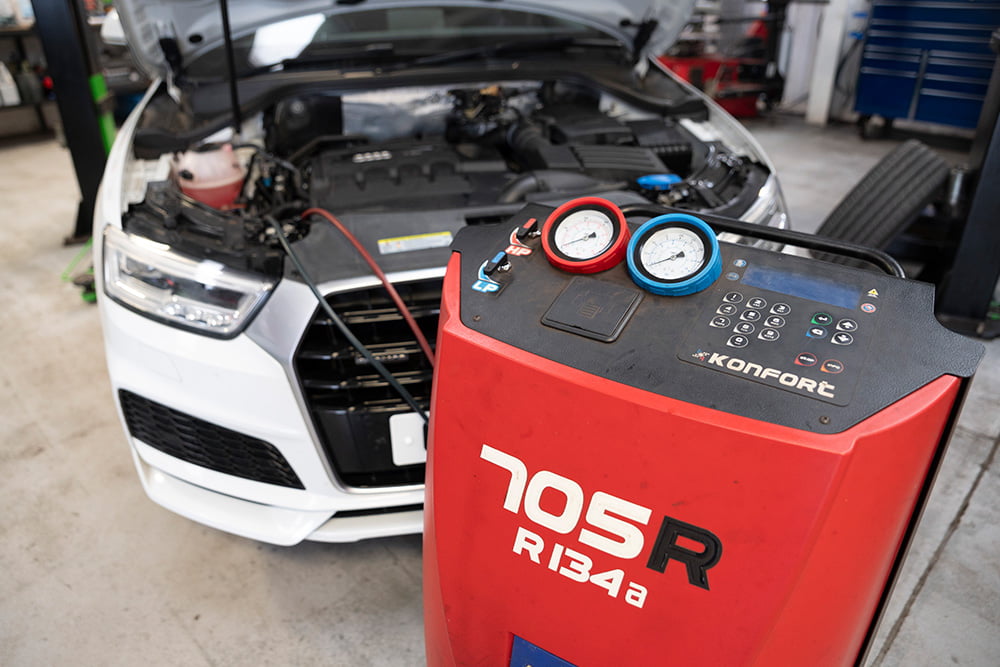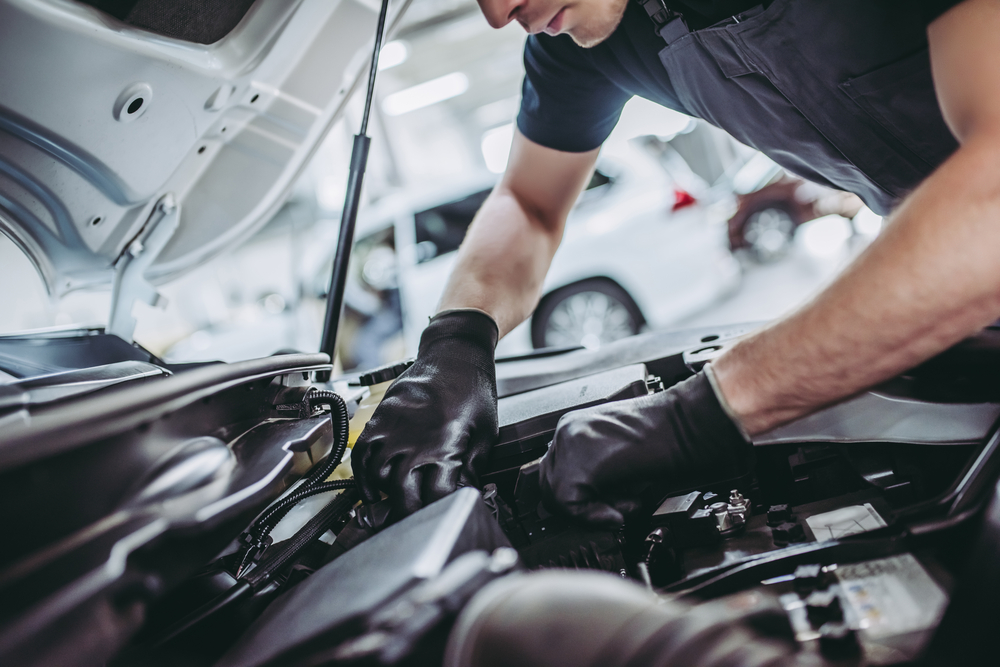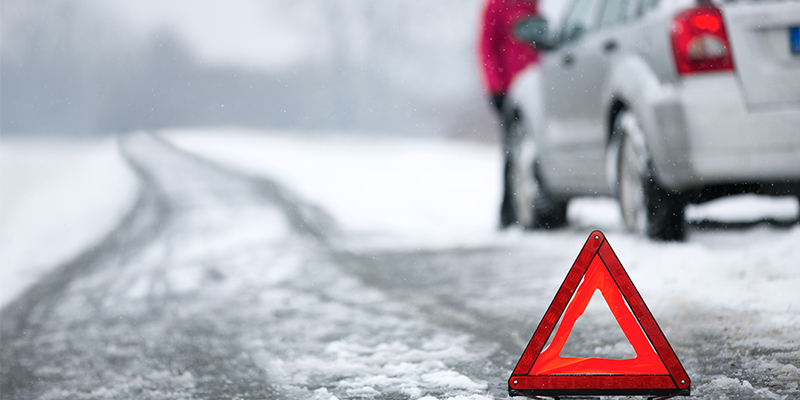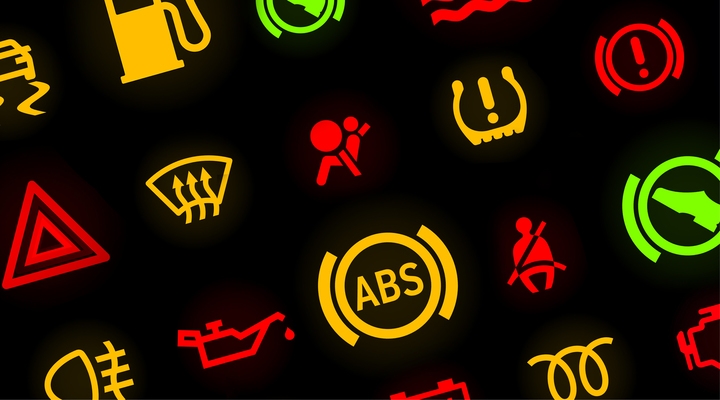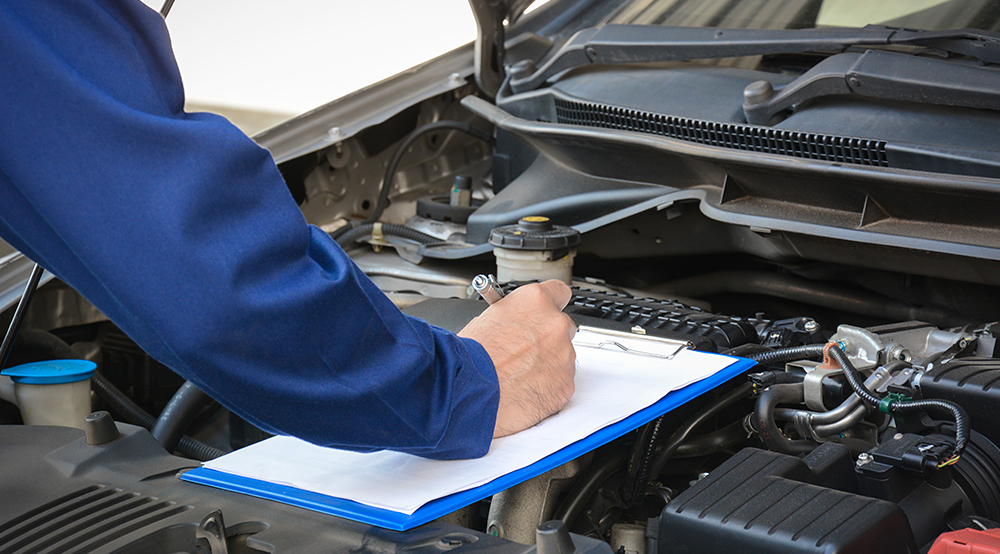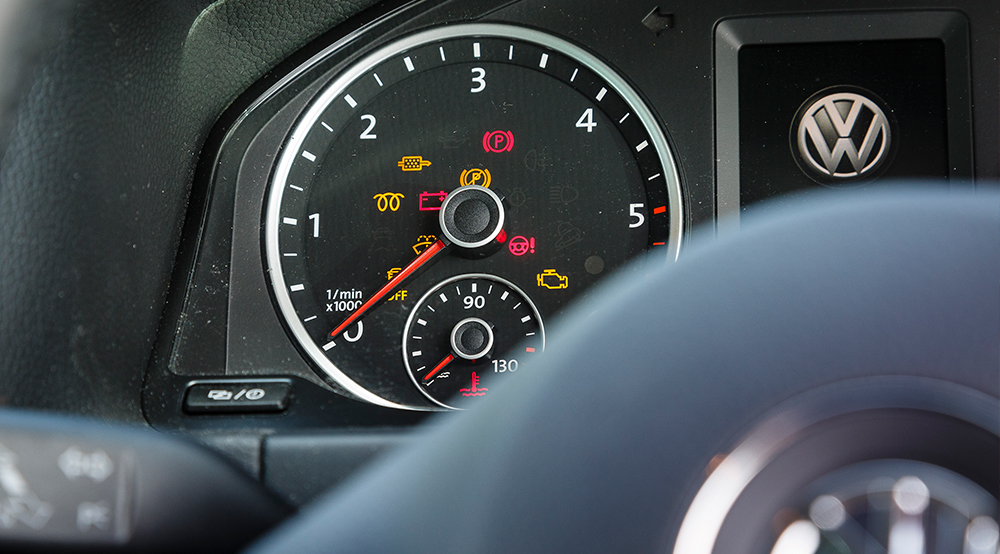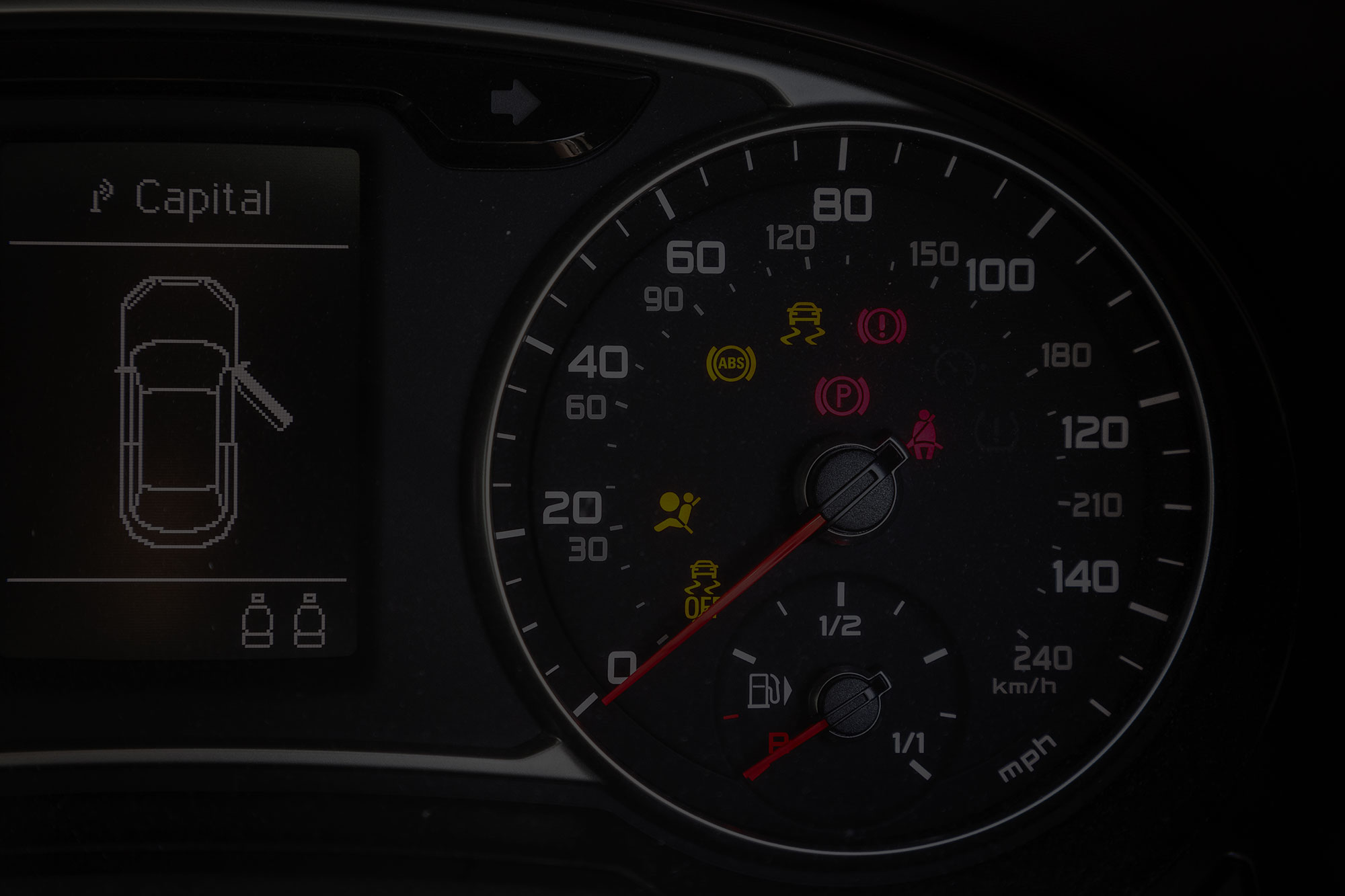Top tips for learner drivers in 2022
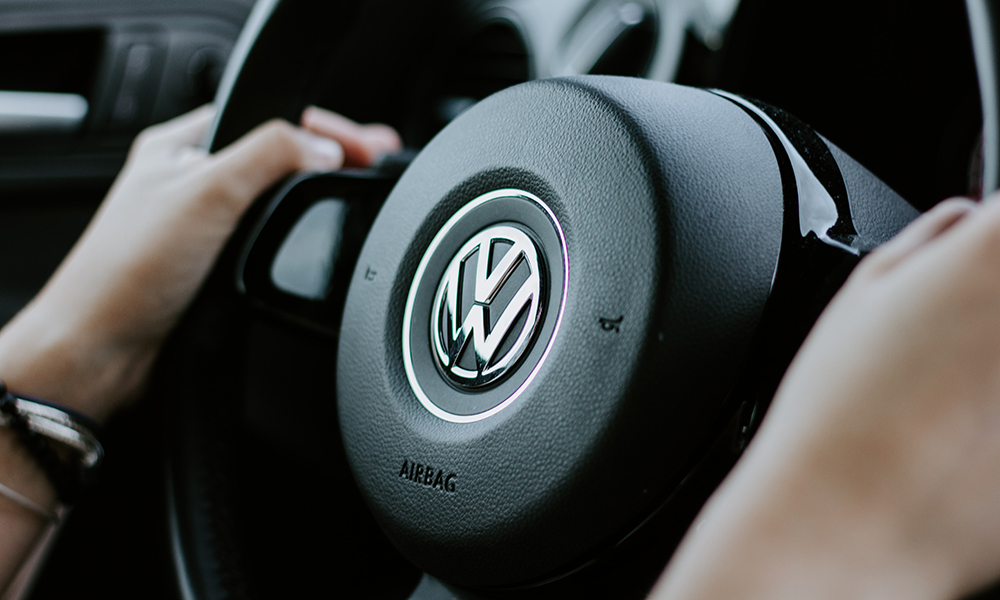
Driving is a skill that you learn over time. It is not something that you can pick up in one day. Like any other new skill, it requires a great deal of practice. While the act of driving is relatively easy, it can be very intimidating for a first-time driver.
It is important to learn the basics before you get behind the wheel. Whether you’re starting out on your journey or have already taken your first steps to getting your full license, this article breaks down everything you need to know as a learner driver.
Learner Driver Rules: What you need to know
In the UK, learner drivers are subject to some different rules than full licence holders. Here’s what you need to know:
- Learner drivers must display L plates at all times when driving.
- Learner drivers must be accompanied by a qualified driver who is over 21 and has held a full licence for at least three years.
- drivers are not allowed to drive on motorways.
- Learner drivers must have comprehensive insurance when driving.
These are just a few of the learner driver rules in the UK, it’s important that you’re up to date with all of the rules that will effect you during the learning process.
Learner drivers can have passengers in their car, providing that the person in the front passenger seat holds a full UK drivers licence. Some insurance companies dictate that the passenger must also be over 25 years old, so double check your insurance details beforehand.
As of 2018, learner drivers are able to practice driving on motorways will have to be accompanied by an approved instructor in a dual-control car fitted with L-plates. It’s at the discretion of your instructor to decide that the learner driver is competent enough to be on a motorway.
Booking your driving lessons
The first step to getting your licence is to book your driving lessons. You can do this through a driving school or with a qualified instructor. Choosing an instructor doesn’t need to be hard, but there are pros and cons to both options. Driving schools tend to be more expensive, but they offer the benefit of being able to take your test with the instructor that you learn with. This can be helpful if you’re feeling nervous about taking your test. If cost is an issue, a private instructor may be a better option for you, or if you live rurally, you may be limited by choice.
Choosing the right car
One of the most important decisions you’ll make as a learner driver is choosing the right car. The car you choose should be comfortable for you to drive and easy to handle. It should also have good visibility and be equipped with safety features like airbags and ABS brakes. As a learner driver, you’re restricted to driving cars with L plates. But that doesn’t mean you can’t have some fun behind the wheel. Here are a few of our favourite cars for learner drivers:
Volkswagen Polo
The Polo is a brilliant all-rounder. It’s nimble and easy to drive, but also spacious and comfortable.
View this post on Instagram
Skoda CITIGO
The CITIGO is a great choice for learner drivers. It’s small and easy to drive, but also packed with features.
View this post on Instagram
SEAT Ibiza
The Ibiza is nimble and fun to drive, but also comes with plenty of features to make your driving experience enjoyable.
View this post on Instagram
These are just a few of our favourite cars for learner drivers, they’re great to drive, offer good fuel economy and are relatively cheap to insure. There are obviously a vast array of cars from other brands than in the VW group that will suit different budgets and requirements, but we’re a tiny bit biased!
Looking after your car
There are some basic steps that you should take to look after your first car. Make sure that you have the right type of car for your lifestyle. Second, you should always make sure that your car is in good condition. This means regularly changing your oil, replacing your tyres and checking the brake fluid and coolant levels. To make sure you get the most out of your car, it is important to do these things regularly.
Cars are expensive and costly to own, which is why you need to ensure that you look after it. You’ll want to keep up with regular maintenance, like changing oil and fixing minor problems. Some other things you can do include: driving safely, keeping your car clean, and scheduling regular checkups with a mechanic.
Insurance for Learner Drivers
As a learner driver, you’re required to have insurance when driving. This is to protect you in case of an accident. Learner driver insurance is similar to regular car insurance, but there are some key differences to be aware of:
- Firstly, learner driver insurance is typically short-term cover, which means it’s only valid for a set period of time. This is because insurers view learner drivers as higher-risk than full licence holders.
- Secondly, learner driver insurance policies often have restrictions on who can drive the car. For example, the policy may only allow you to drive when accompanied by a qualified instructor.
- Thirdly, learner driver insurance tends to be more expensive than regular car insurance. This is because insurers view learner drivers as higher-risk than full licence holders.
To get the best deal on learner driver insurance, make sure to compare quotes from a range of insurers.
The price of learner driver insurance varies hugely, it really depends on how long the temporary insurance is run for and what level of insurance you buy. Longer periods will get a more favourable rate, fully comprehensive will always be more expensive than third party – the choice is yours!
Getting prepared for your driving test
The driving test is your final step to getting your full licence. It involves a written exam and a practical driving test. To pass, you need to show that you can drive safely and confidently.
To help you prepare, we’ve put together a list of the most common mistakes people make during their driving test:
- Not checking mirrors: you should check your mirrors regularly while driving, to make sure you know what’s happening around you.
- Poor signalling: use your indicators to signal your intentions to other road users.
- Incorrect gear changing: when you’re changing gears, make sure you’re in the correct gear for the speed you’re driving at.
- Poor steering: keep your steering smooth and steady, especially when turning corners.
- Not stopped completely: when stopping at a stop sign or red light, make sure your car is completely stopped before proceeding.
If you can avoid making these mistakes, you’ll be well on your way to passing your driving test!
You’ve passed! Now the real learning begins…
Once you’ve passed your driving test, you’re free to get out on the open road and enjoy your new found freedom. However, you really start learning once you have your license. Despite 17 to 19-year-olds only making up 1.5% of driving licence holders, they are involved in 9% of all fatal and serious crashes in the UK. There are three points to consider as you begin driving on your own that will help you and your passengers stay safe on the roads.
- Be a safe driver
- Be a courteous driver
- Be a patient driver
Let’s look at these points in more detail and see how they can help you to stay safe.
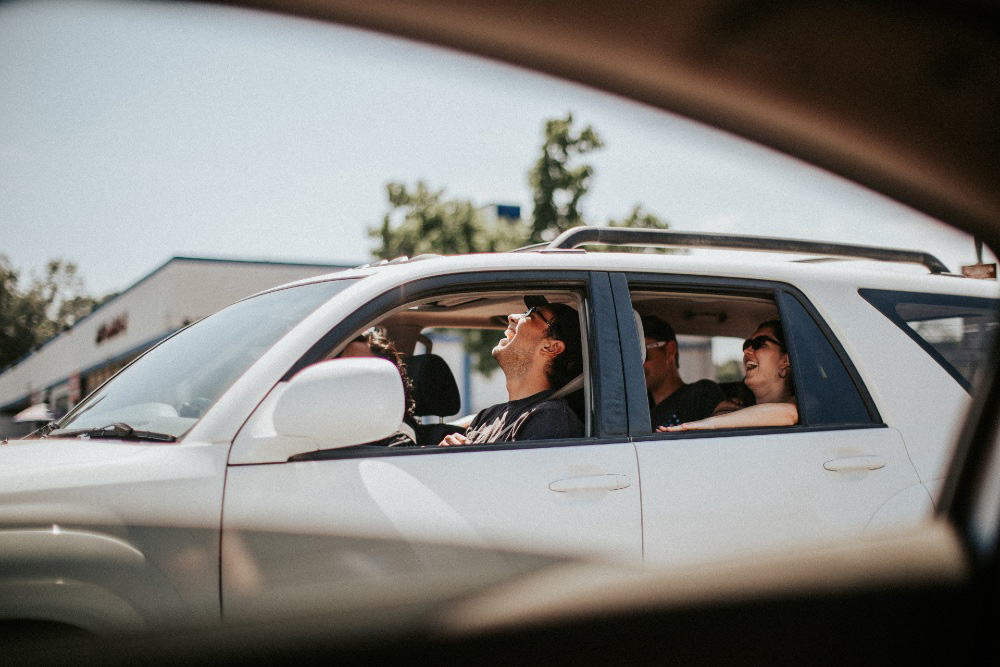
Being a safe driver
If you’re planning to get your driver’s license, it’s important to remember that there are certain rules you need to follow and responsibilities you must fulfill. You should pay attention to any driving laws in your area and make sure that you know the rules of the road. You should also know what to do if you’re involved in an accident or become a victim of a crime.
To be a safe driver, you’ll want to focus on two things: being alert and being careful. Being alert means paying attention to your surroundings, especially when it comes to other drivers on the road. This is important because many accidents are caused by distracted or reckless drivers. And being careful means making sure you’re always driving at a safe speed and following all traffic rules.
Being a courteous driver
There are a number of reasons why it’s important to be a courteous driver on the road. For example, if you’re rude to another driver, they’ll likely be rude right back to you. This can cause a chain reaction where everyone is driving rudely and engaging in dangerous or aggressive behaviour. In addition, you never know when you might need help from another driver on the road. If you’re being rude, other people might not want to help you.
Driving safety is more than simply obeying the rules of the road. It’s also about being courteous to other drivers on the road. In fact, according to a survey of American motorists conducted by State Farm, 83 percent of drivers say they experience road rage at least two to three times a month. So, how can you be courteous on the road?
It is important to be polite and courteous while driving on public roads. It allows vehicular traffic to flow smoothly and faster. Being courteous also helps build good relationships with fellow motorists. Some tips on being courteous on the road are to give way to other motorists, avoid honking, don’t block intersections and obey traffic rules.
Being a patient driver
Being a patient driver is a good way to reduce stress, accidents, and traffic violations. It helps you focus on the road and avoid distractions. Here are some important tips to be a patient driver.
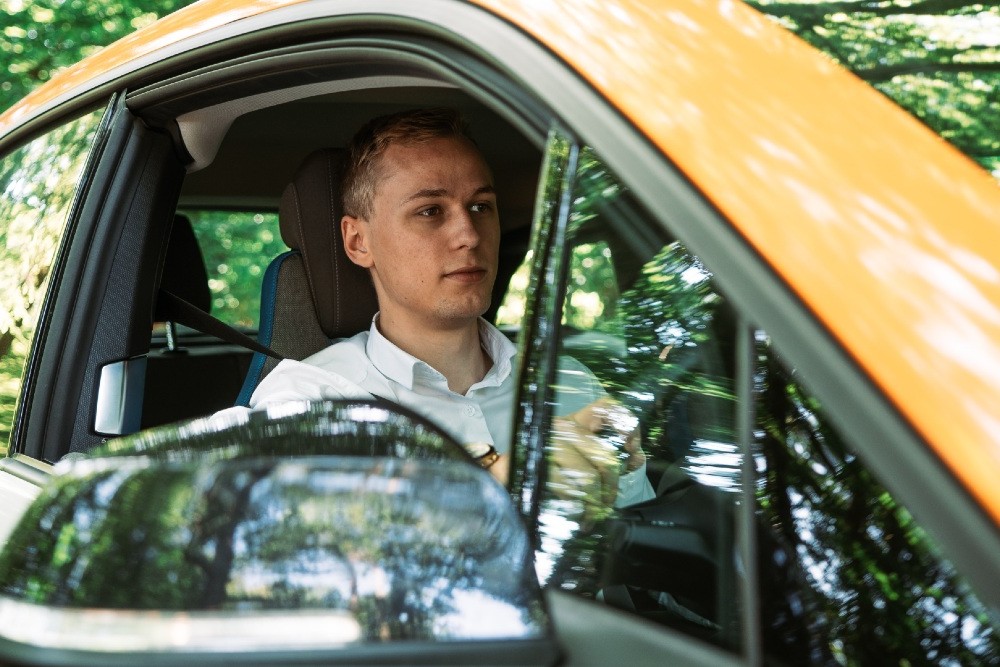
Driving can be tedious and boring. Not only do drivers have to worry about traffic and road conditions, but they also have to deal with other drivers. Learning how to become a better driver is important for making the most of your daily commute.
Always obey traffic signs and signals. This is important when you’re behind the wheel because it will help prevent accidents. Also, it allows you to drive at a safe speed that follows the flow of traffic. You may be tempted to drive fast, but that’s not always safe. If you’re going faster than the speed limit, this actually makes it more difficult to stop.
We can’t emphasise enough the importance of being a safe, courteous and patient driver. Learner drivers should focus on these three points to help reduce the risk of being involved in an accident. Remember, driving is a privilege and not a right. Drive safely!
Getting your first car serviced and MOTd
MOTs are a legal requirement for any car over three years old, and most people’s first car fit this criteria! Servicing is optional, but as cars age, more issues inevitably start to reveal themselves. It’s imperative that you prioritise vehicle maintenance to keep your car running smoothly and to avoid any potential future problems. If you’re based in North Yorkshire, looking for a reputable MOT and service garage is not hard.
The Vasstech have 5 branches across North Yorkshire and Teesside, so once you’ve passed your test and need to book your car in for its first health check, don’t think twice about getting in touch with us – we’re here to help!


